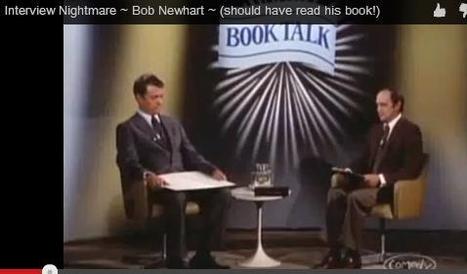The seven-second stray can be deadly. It can damage your reputation and drown out everything else you’ve said.
... Years later, I developed a name to describe that phenomenon: “the seven-second stray.” I call it that because if a spokesperson is on message for 59 minutes 53 seconds of an hour-long interview but says something off message for just seven seconds, I can virtually guarantee that the reporter will select that seven-second answer to play over and over again.
The seven-second stray can be deadly. Not only is it often damaging to your reputation, but it drowns out everything else you’ve said, becoming the only quote the audience will remember from your interview....



 Your new post is loading...
Your new post is loading...















A great article about how important it is to stay "On-Message".....